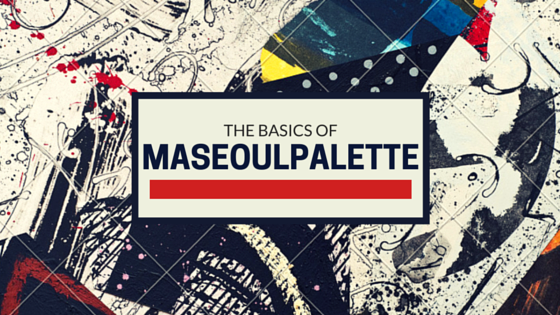How are y'all (you all) spending your school break? (for those who are having one)
How are you guys doing lately? Amazing? Good!^^
Living in a fast-paced country like South Korea requires a great deal of efficiency, precision on top of performing with outstanding results. It's just like making cup noodles. Pour some hot water, wait for 3 minutes and you're good to go! There is nothing more outstanding than an efficient and customer-friendly delivery service! Congratulations South Korea. You guys nailed it! The delivery service cover a lot of areas naming from food (pizza, chicken, rice, noodles, etc) to dry cleaning.
WHENEVER (24/7) and WHEREVER you are, place an order, and it will be right in front of you in no time. It sounds too good to be true right? Trust us, that's the reality.^^ The ads, flyers and stickers especially for food delivery (complete menus) are literally EVERYWHERE! There are mostly found in front of your doorstep and on your door. YEP. On your door. Malaysia, we gotta step up our delivery game, okay!


















































